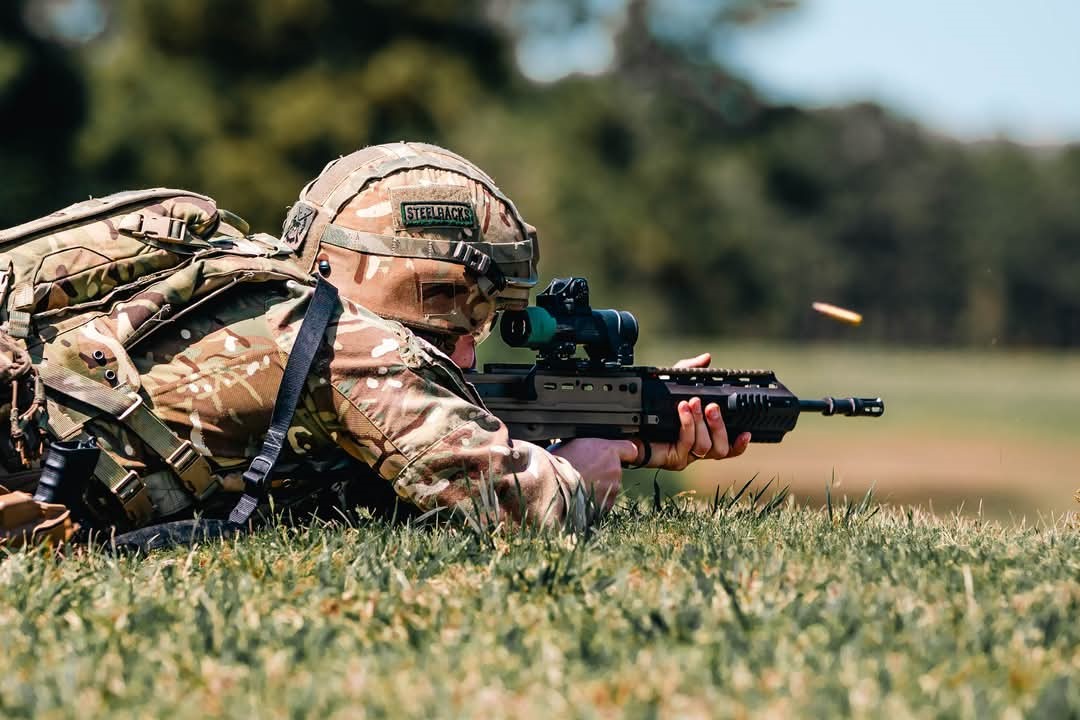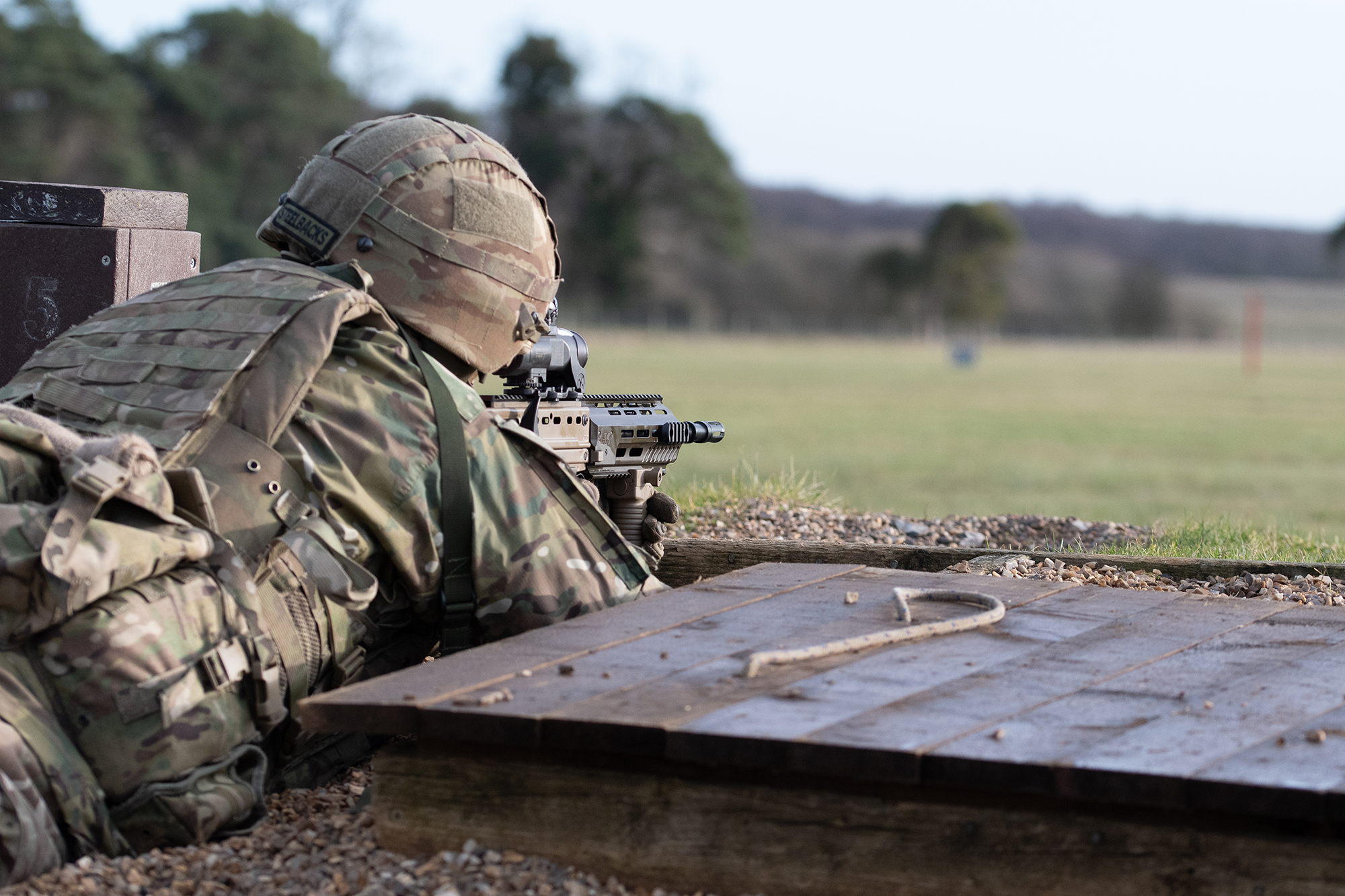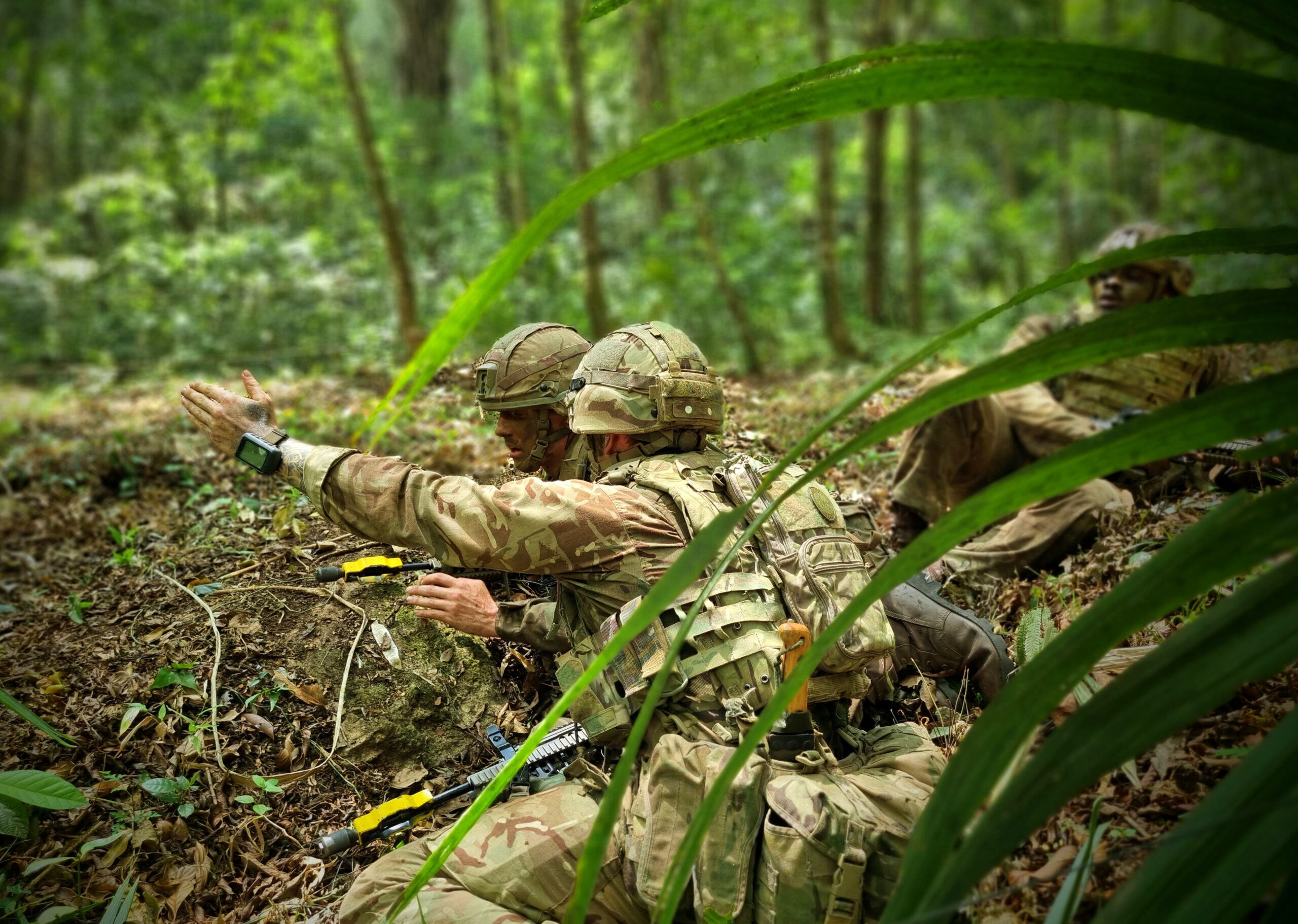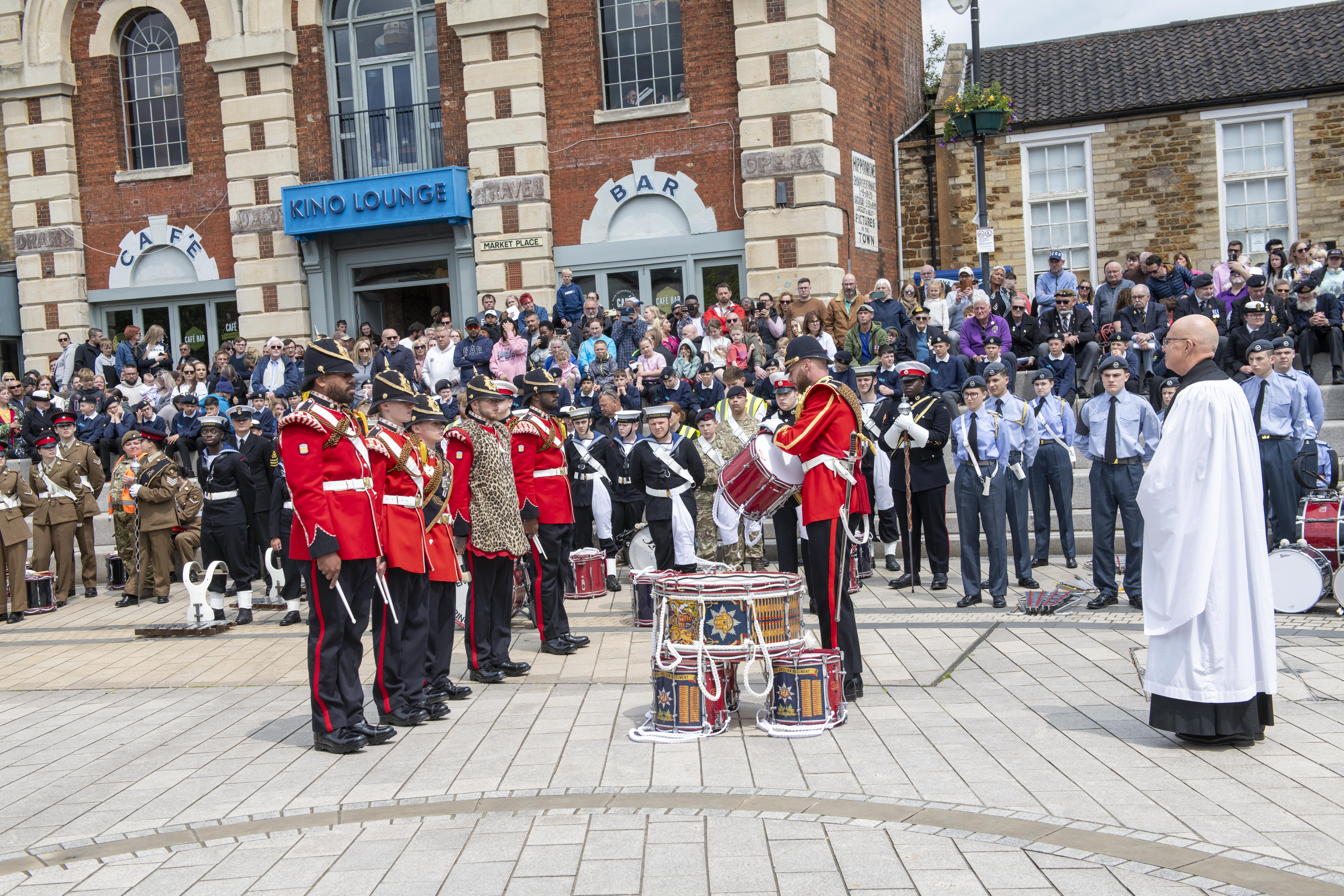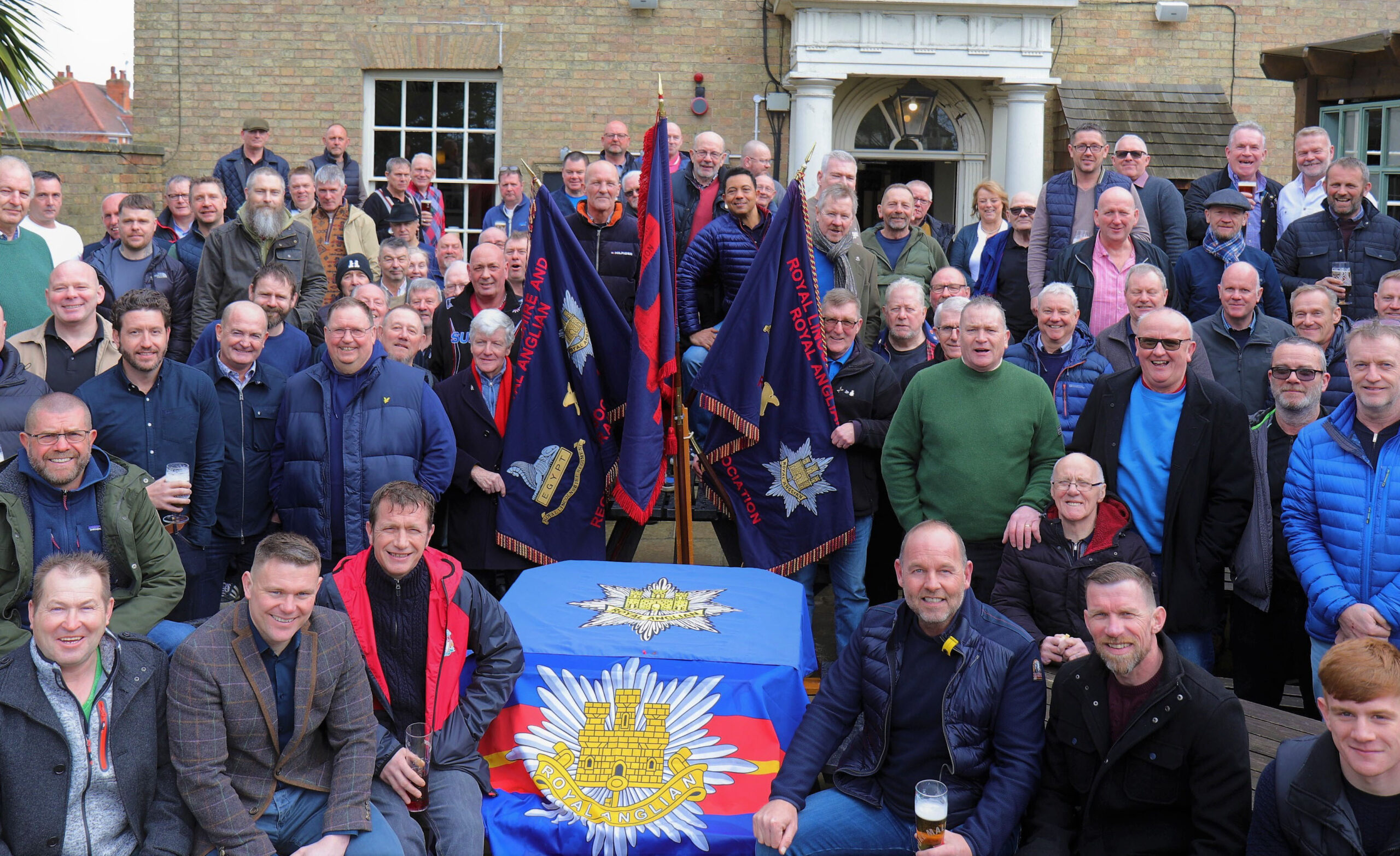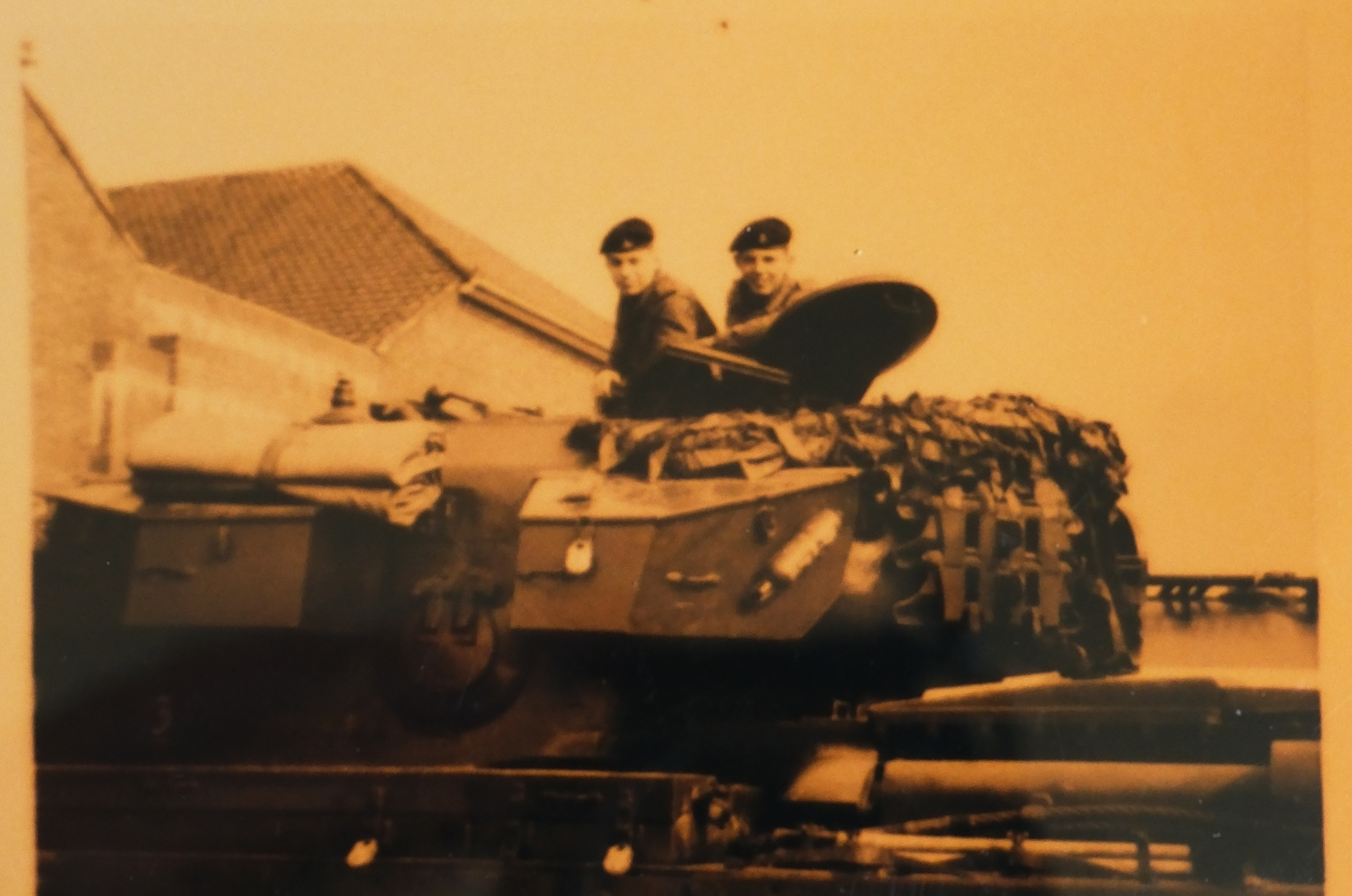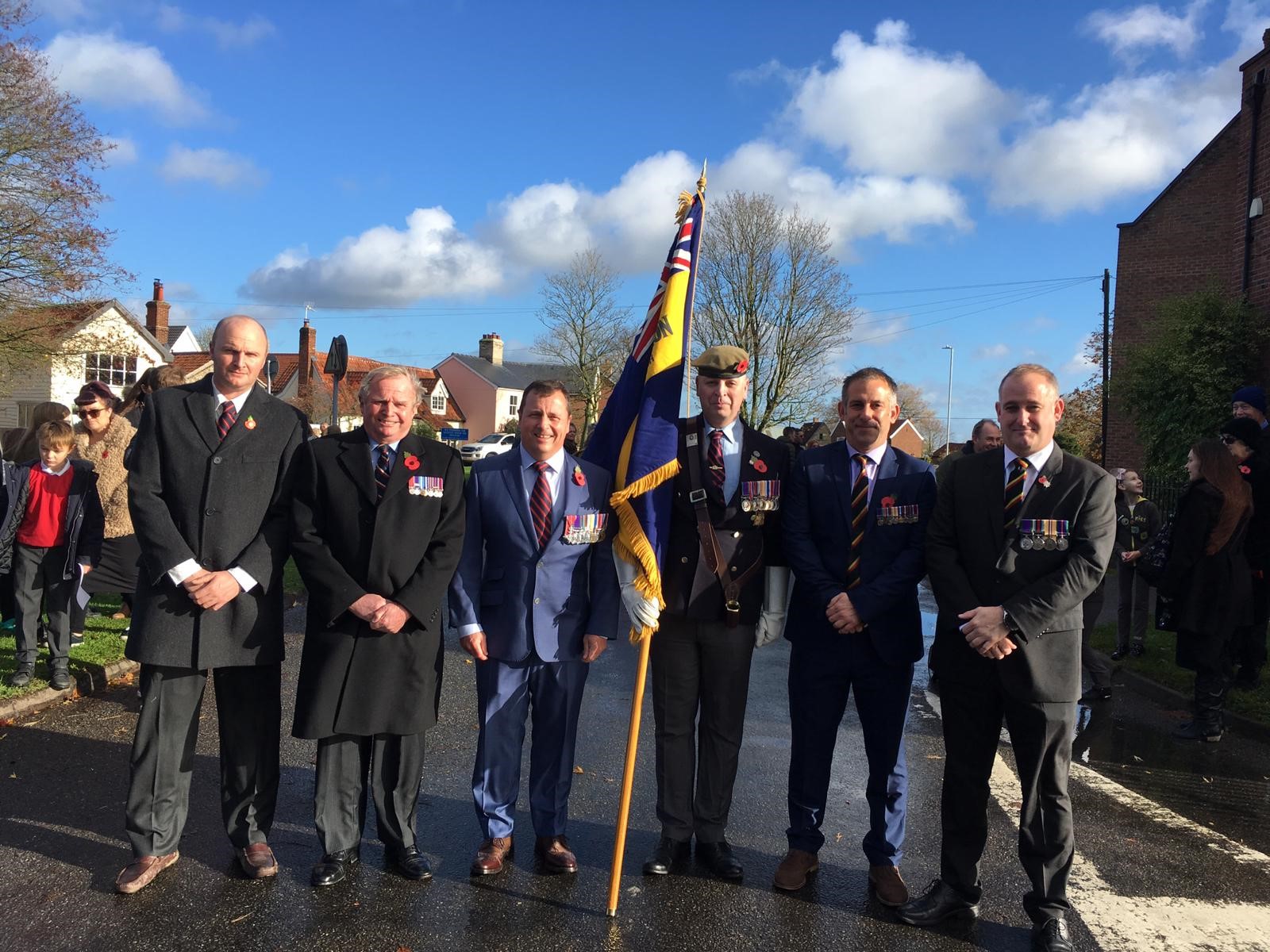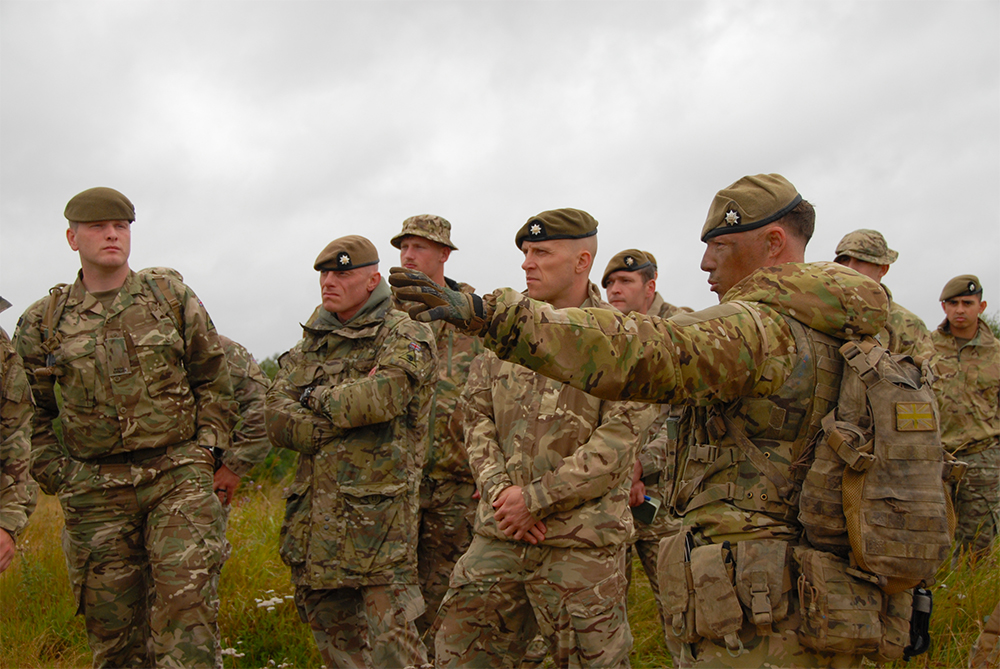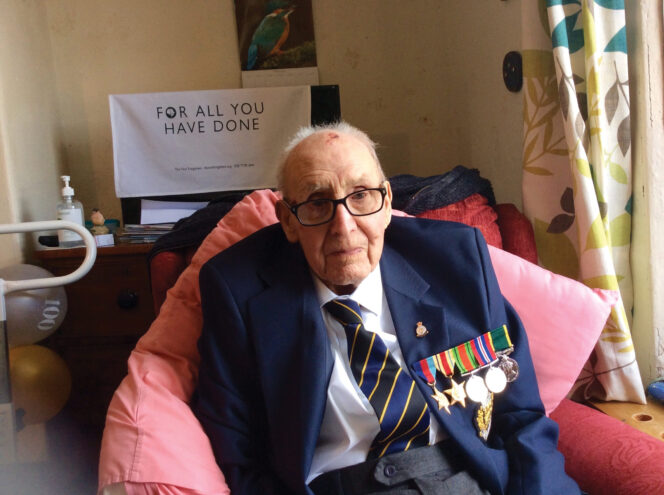
Obituary for Tom Fairweather
Tom Fairweather, who served in the Essex Regiment in World War 2 and was captured when 2/5th Essex was completely overrun at Deir-el-Shein, died on 18 June 2021 at the age of 100.
Thomas Arnold Fairweather was born on 25 March 1921 at Great Bentley in Essex. He attended the local school, becoming School Captain as his brother had been before him. Leaving at the age of 14, Tom had various jobs – electrician, shed-maker, bell boy on a cross-channel steamer, gardener – before being employed on the construction of the Great Bromley radar station.
Like many of those who saw the war clouds approaching Tom joined the Territorial Army, A Company of 5th Battalion The Essex Regiment, on 26 April 1939. Shortly afterwards the Battalion, recruiting hard, was split into 1/5th and 2/5th, Tom’s company being in the latter.
Following mobilisation on 1 September the Battalion spent some months on local coast defence duties – Tom remembered guarding the Walton-on-the-Naze tower on Christmas Day 1939 – then moved to Northumberland in April 1940 for serious training. Later, Tom volunteered to join No 3 Independent Company, which had been formed from Essex Regiment volunteers and was commanded by Major Charles Newman (‘a nice chap’, Tom recalls). That unit went on to win fame at St Nazaire in 1942, for which exploit Newman was awarded the VC, but Tom felt that it was not for him and returned to 2/5th Essex shortly before they were despatched to Sierra Leone in December 1940.
There the Battalion was involved in training and the preparation of defences, but they suffered heavily from malaria against which there was little defence at the time. They were not sorry to leave after 6 months, sailing via the Cape to Egypt where they spent 5 months on base and lines-of-communication duties.
December 1941 saw Tom and the Battalion set off through what was then Palestine into Iraq. They arrived in Mosul ‘on Christmas Day and in the rain’. The next 5 months were spent preparing defensive positions and training hard. In early June 1942, however, Rommel began a very successful advance causing the 8th Army to withdraw, and 18th Indian Infantry Brigade, of which 2/5th Essex was part, were very hastily redeployed back via Palestine to Egypt.
On the morning of 27 June the 3 infantry battalions of the Brigade found themselves in trains at El Alamein station, with no transport, carriers, anti-tank weapons, artillery, or brigade HQ. As Tom said ‘The troops didn’t know what was happening’. CO 2/5th Essex assumed command and was quickly tasked to set up a hasty defensive position at Deir-el-Shein, a mere depression in the desert.
Gradually matters began to be organised, but digging in was very difficult – ‘Just enough to squat down in’, Tom remembered – because of the underlying rock. The position was fiercely attacked on 1 July and by the end of the day the Battalion had been completely overrun by the German armour. It was not re-formed afterwards, and disappeared from the order of battle. Although this was a heavy defeat, sufficient delay had been imposed on Rommel’s forces to allow better defences to be prepared to the east, and his advance into Egypt was finally halted.
Like many others Tom was taken into captivity and marched west. The Germans shortly handed their prisoners over to Italian control. They arrived in Benghazi on 9 July, and waited there, with little to do and in very poor conditions, until 14 October. Then they were shipped to Brindisi and moved north, arriving in a permanent POW camp, PG 70, at Monteurano, north east of Rome.
There Tom remembered the boredom, and also the lack of food until Red Cross parcels started to arrive – it was six months after he was posted missing that notification that he was a POW reached his family.
There was little accurate news, and at the time of the Italian Armistice in September 1943 the prisoners assumed that liberation would follow quickly. Sadly it was the Germans who arrived, and all those in the camp were taken out of Italy. Tom ended up in Stalag IVA near Dresden.
Some time later a group of prisoners including Tom was moved to live and work at a brickworks near Radeburg. Here Tom found the life hard, but bearable. By now the Germans realised that they were losing the war, and were scared of being overrun by Russian troops, so treated British POWs with a degree of compassion and respect.
In mid-April 1945 the prisoners left the brickworks and were marched west. This was part of a plan by Hitler to hold large numbers of POWs as hostages. But it was far too late – by then there was chaos on the roads as people fled from the advancing Russians, the guards eventually disappeared, and the party was fragmented. On 9 May, the day after VE-Day, Tom and 3 others found themselves in Kommern, Czechoslovakia, overrun by Russian troops. Here they holed up, waiting for an opportunity to move west to American lines. That came a few days later, and Tom was eventually flown back to England in a Lancaster bomber, arriving on 24 May.
Although he had a great welcome home, and lots of leave, Tom had to wait a year before being demobilised. During that time he met and married Cicely Tapley, sister of a fellow POW. The couple settled in Pinhoe, on the outskirts of Exeter, Tom working for a local builder and undertaker, and then with a business making fitted kitchens until retiring in 1986.
Although his wife had died in 1981 Tom enjoyed his newly found spare time, travelling and writing his memoirs, but eventually entered a care home because of increasing infirmity. It was there that he celebrated his 100th Birthday on 25 March 2021, proudly wearing his Essex Regiment tie and his medals. Sadly he passed away, after a short illness, on 18 June – ‘a peaceful end for a great man’ to quote his son-in-law.
PHW
(with much help from Tom’s detailed and interesting memoirs)


